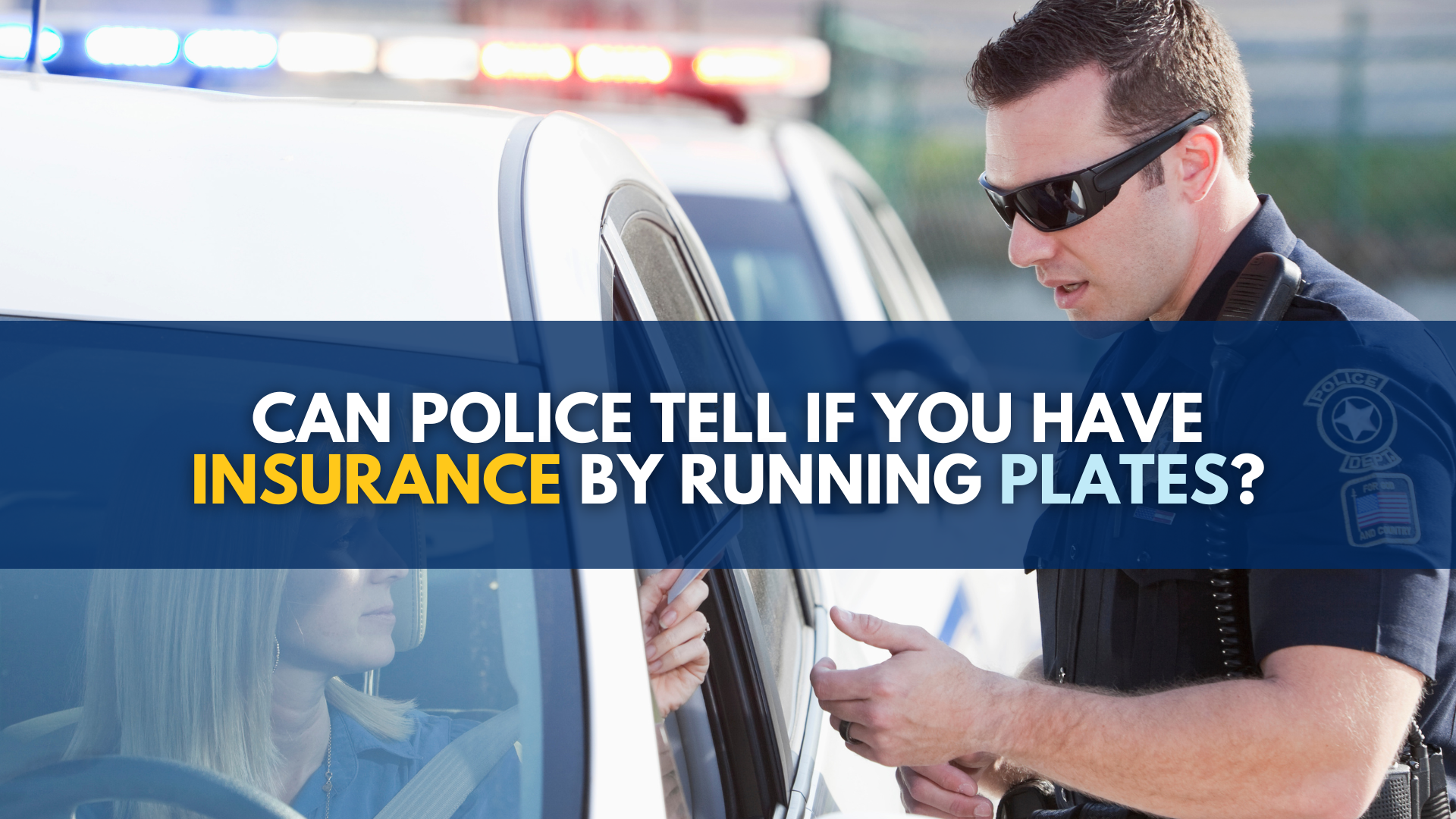Insurance attorney gives 5 tips to why primary medical PIP Benefits in No-Fault states can protect drivers
As an insurance lawyer, I read auto insurance policies every day (yes, I do realize reading insurance contracts is not the most glamorous part about being a lawyer). But this does give me a unique insight and I often see situations where it’s better for people to use medical benefits from their auto insurance after a car accident.
Another way of saying this is “primary medical PIP (personal injury protection) benefits” for people in No Fault insurance states like Michigan. Even though this type of insurance coverage may be a little bit more expensive, the positives outweigh the slightly higher costs. Especially after a car accident when people need to use primary medical PIP benefits most.
Here are 5 examples where most drivers will be better off with primary medical PIP benefits:
1. Auto accident exclusions.
If you have any type of auto accident exclusion in your health insurance policy, it’s best to elect primary medical on your auto No Fault insurance. To find out whether you have an auto exclusion, contact your health insurer and request a copy of the “summary plan description” or a copy of the plan itself. Review this with your insurance agent as well.
2. If you have an HMO.
There is a reason why HMOs have a terrible reputation. HMOs can be very restrictive and often result in delayed necessary medical care and treatment. By electing primary medical PIP, you are not limited to treat within the HMO system. You can put getting better from your injuries on a faster track. It also gives you a wider choice of doctors and top specialists.
3. Beware of ERISA plans.
Play a word association game with any personal injury lawyer who deals with ERISA plans, and the word association you would most likely hear for ERISA and automobile accidents would be: “Bad!” If your health insurance is a self-funded ERISA plan, it’s best to elect primary medical on your No-Fault insurance. The trend in the law is that many self-funded ERISA plans can claim a lien against your pain and suffering settlement after a car crash. To find out whether your health plan is a self-funded ERISA plan, contact your health insurer and request a copy of the “summary plan description” or the actual plan.
4. Warning: Medicare and Medicaid
If you have Medicare, Medicaid, Veterans Administration Benefits or any county health plan, it’s best to have primary medical PIP on your No Fault insurance. This helps to avoid the “super liens” that providers of government benefits may otherwise have against your pain and suffering case.
5. Blue Cross Blue Shield.
If you have traditional Blue Cross and full coverage on your No-Fault insurance policy, be aware that there’s the possibility of a “double dip.” This means… It’s best that anyone with Blue Cross Blue Shield have primary No-Fault auto insurance as well.
Most people with No Fault insurance have coordinated/excess medical PIP coverage.
This coordinated policy means your health insurance pays for auto accident-related medical expenses first and before your No Fault insurance.
Many people choose coordinated benefits to save money on their auto No Fault if they already have health insurance. In addition, most insurers today already default to coordinated/excess medical — but some insurance agents never ask if you already have health insurance.
HOWEVER, if you lose your health insurance for any reason, or you have a situation as noted in the five points above, immediately contact your auto insurer and change to primary medical coverage.
Understanding the interrelationship between many people’s auto insurance policies, health insurance and No Fault insurance is extremely important. It’s also unfortunately highly technical. It’s an area littered with exclusions, liens and conflicting clauses (and in the case of ERISA, conflicting court decisions as well).
If you’ve been injured in a car accident and have questions about No Fault, health insurance, and your auto insurance policy, feel free to call one of our insurance lawyers. We are happy to try to help answer your questions free of charge.


